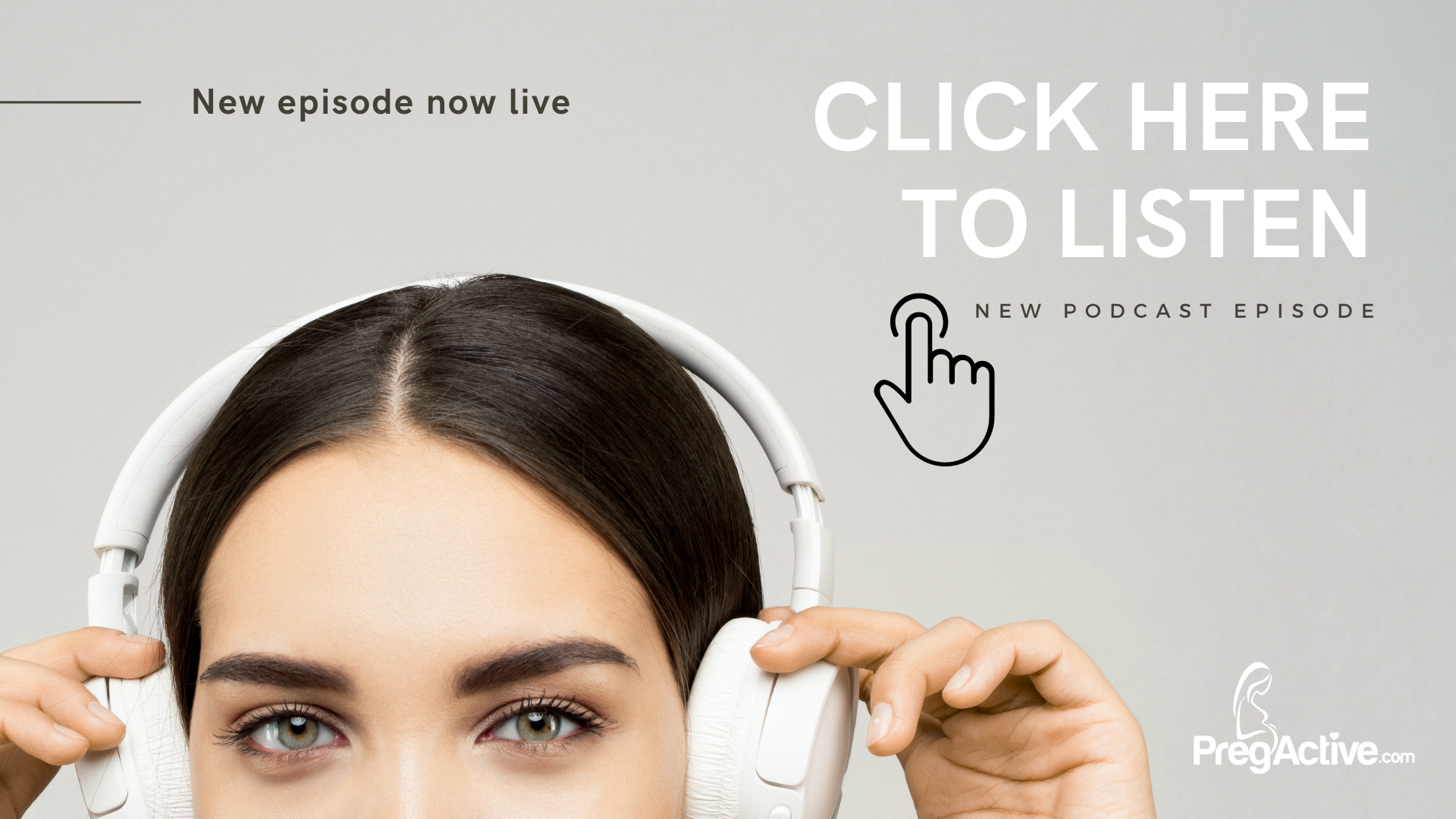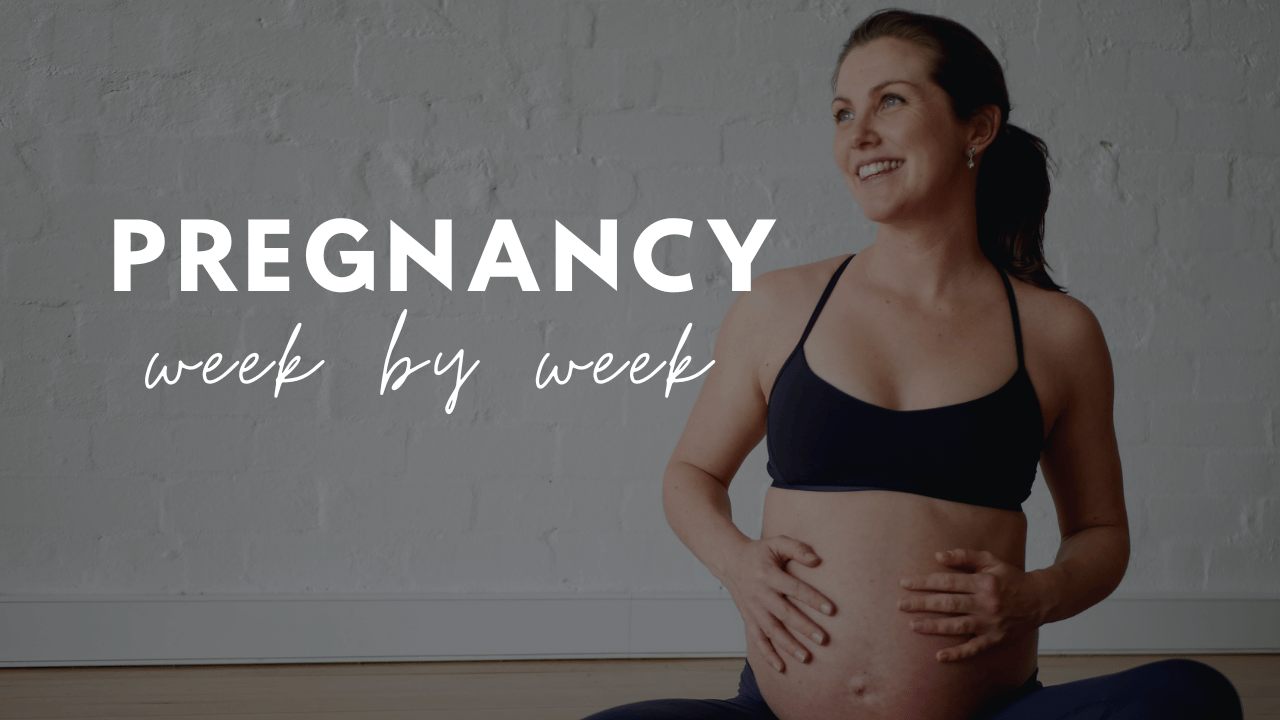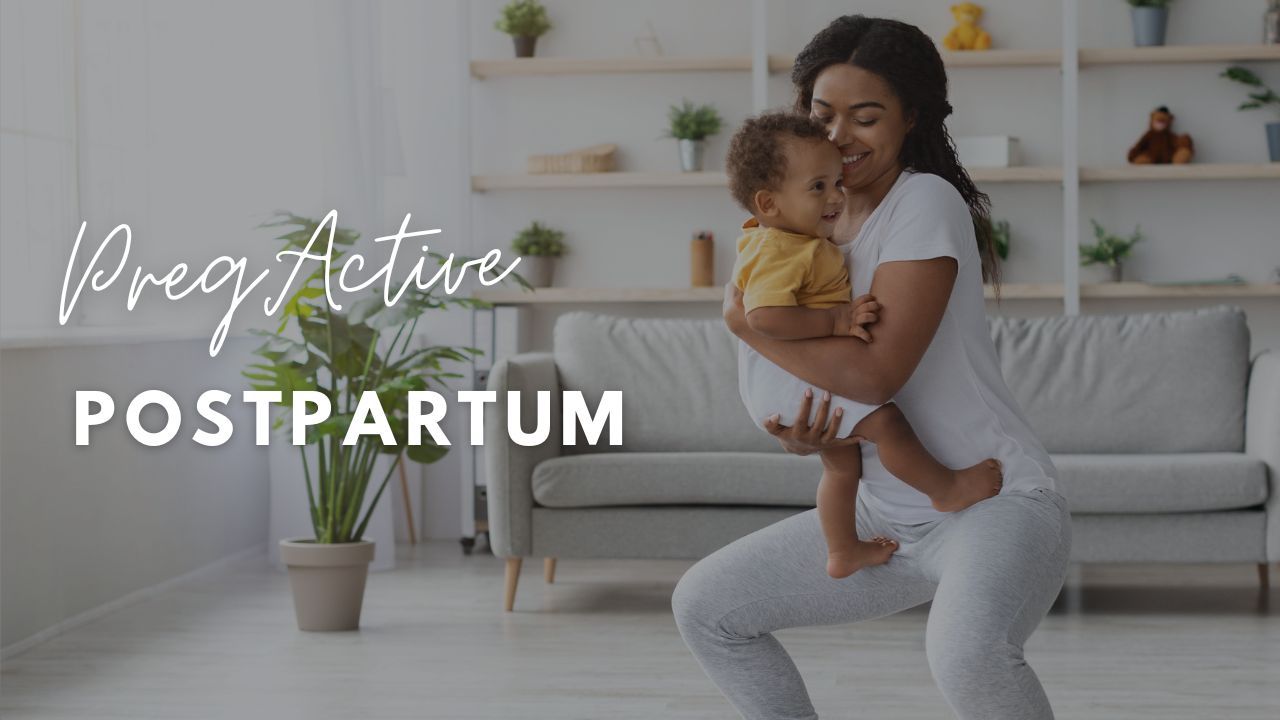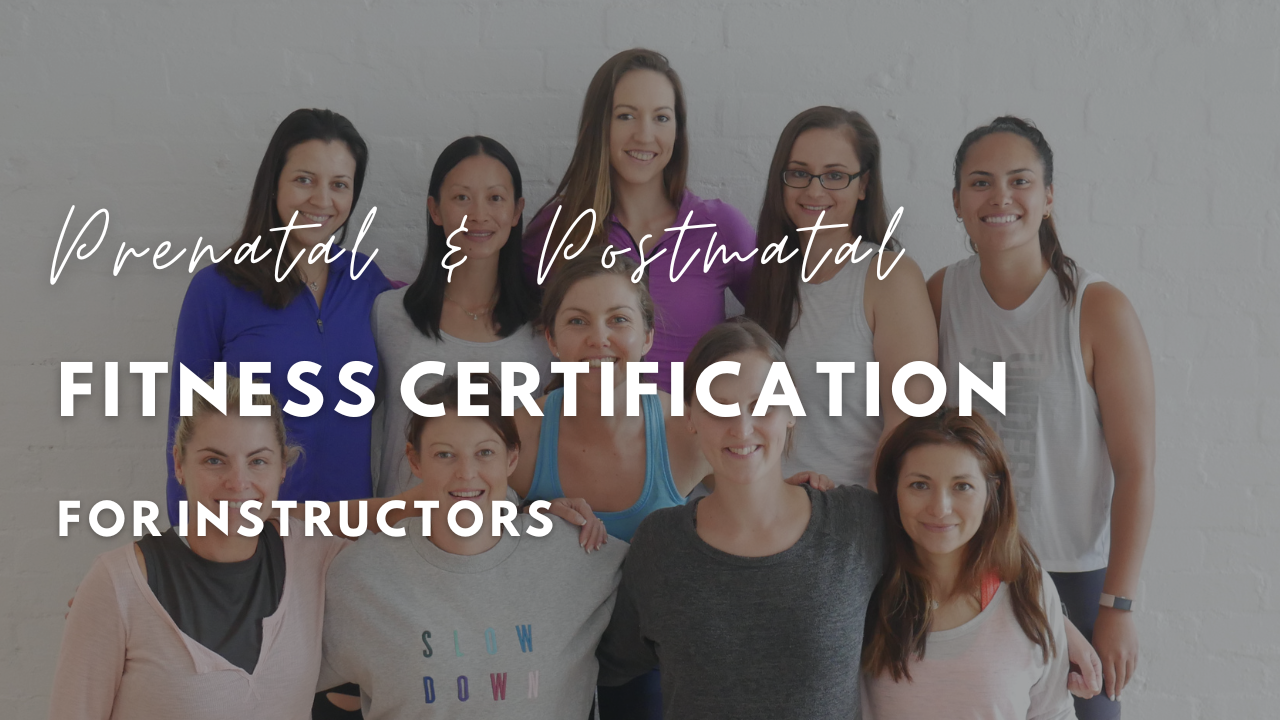Pregnancy Mental Health: Taking Car of YOU
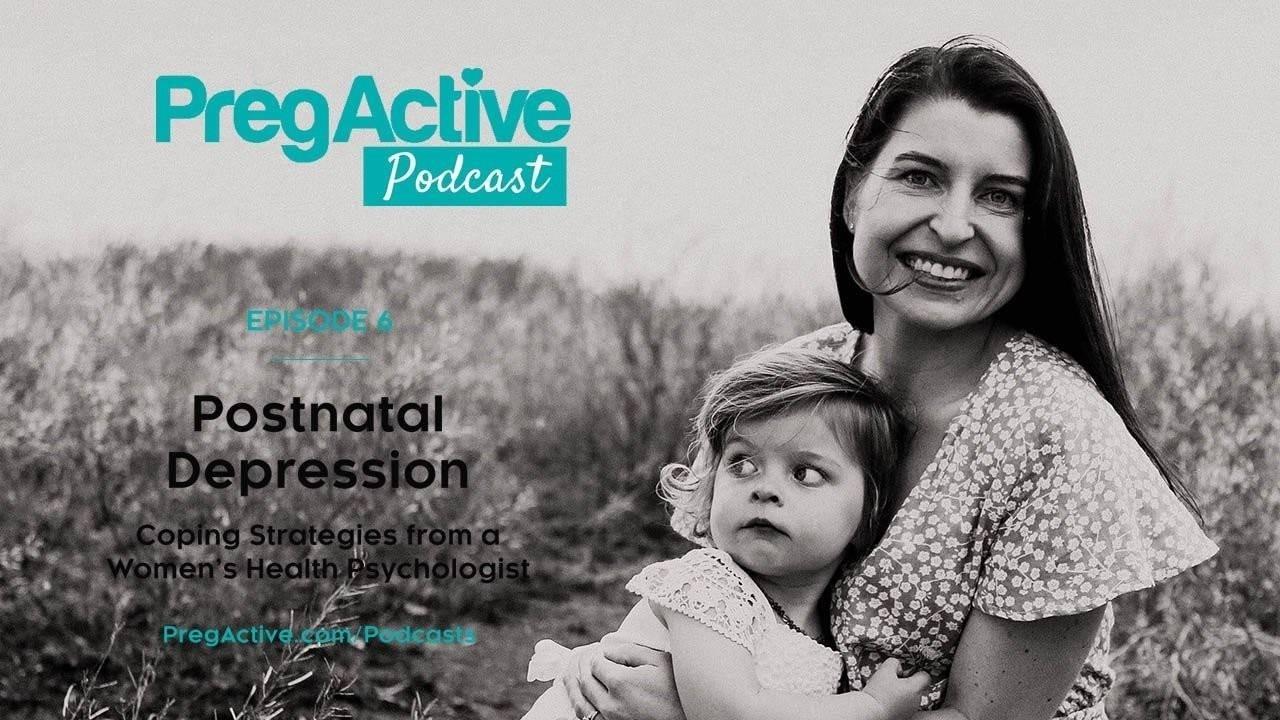
Pregnancy Mental Health
In this article and podcast, we dive into the crucial topic of pregnancy and postnatal mental health and explore essential self-care tips for moms-to-be. Expecting a child is a beautiful journey, but it can also bring about a whirlwind of emotions and stress.
That's why it's vital to prioritize your mental well-being during this transformative time.
Join me as I chat to psychologist Rebecca Black as we discuss postnatal depression.
I also want you to learn about the importance of self-care practices that can help you navigate the ups and downs of pregnancy.
From mindfulness techniques and relaxation exercises to practical advice on managing anxiety and seeking support, we've got you covered.
It is vital you learn more about:
1. The impact of pregnancy on mental health
2. Effective self-care strategies tailored for moms-to-be
3. How to create a calming routine to ease stress
4. Tips for reaching out and building a support system
5. The significance of maintaining open communication with your partner and healthcare providers
Remember, taking care of yourself is the best way to prepare for your little one!
Don't forget to join PregActive for more insightful content on pregnancy and motherhood. Your journey matters, and we're here to support you every step of the way!
Your Mental Health Matters when Pregnant! I have an amazing podcast on pregnancy mental health with this post I want you to listen to.
I have a dedicated section just for pregnancy mental health in my online programs where I provide you with tips on how to relax, attain a healthy mindset, prepare for childbirth, and overcoming the fear of pregnancy.
I deliver these tips to you through interviews with Women's Health Psychologists, podcasts, videos and expert posts.
But for now, let's chat about mental health in pregnancy.
Postnatal Depression Podcast
Mental Health and Pregnancy
Did you know that approximately fifteen per cent of women will have depression or anxiety during pregnancy. And after childbirth, there are many more women who battle mental health issues.
Many women suffer unnecessarily and for a long time with mental illness because they feel a sense of shame, guilt and even embarrassment because they have allowed themselves to be depressed.
Having a baby is a time to be happy, but of course, depression is not something you have control over especially during this vulnerable time.
Seek Help Now
An untreated mental illness can have long-term health and well-being impacts for you and your baby, so it is important to get the right treatment.
It is vital that you are aware there are a number of safe and effective treatment options for depression during pregnancy and while breastfeeding. I want you to visit your GP if you need help.
Your mental health matters when pregnant
Postnatal depression and anxiety can be of all levels (mild, moderate or severe). And symptoms can begin anywhere from suddenly after birth or appear gradually in the weeks or months during the first year after birth.
I want you to learn now how you can be ready for overcoming mental health concerns when pregnant, and also during motherhood.

Symptoms of depression during pregnancy and after childbirth:
1. Feeling depressed or miserable consistently.
2. Feeling irritable, angry or anxious a lot of the time.
3. Increased crying, sometimes for no apparent reason.
4. Reduced interest in things that you would normally enjoy.
5. Not able to sleep.
6. Reduced appetite or over-eating.
7. Excessive fatigue and tiredness.
8. Difficulty concentrating.
9. Preoccupation with morbid thoughts.
10. Feeling disconnected from your baby
11. Excessive feelings of guilt and/or failure, that you are a ‘bad mother.’
12. Thoughts of harming yourself.
13. Thoughts that things would be better for you and your baby if you (and your baby) were dead.
What causes depression?
There are many things that can contribute to, or make you vulnerable to depression, including:
1. A history of depression or anxiety.
2. Family members who have had or have depression or anxiety.
3. Stress during your pregnancy or if it was unplanned.
4. Your expectations of motherhood are unrealistic and you can’t meet them.
5. A traumatic or complicated birth.
6. Relationship / marriage difficulties.
7. Lack of social support.
8. Your baby is sick or unsettled.
Anxiety and Pregnancy
As many as thirty per cent of pregnant women will experience some level of anxiety throughout their pregnancy. this is understandable as you work your way this life-changing experience.
Anxiety disorders are categorized according to their symptoms.
These include:
1. Generalized anxiety disorder
2. Obsessive compulsive disorder (OCD)
3. Post-traumatic stress disorder (PTSD)
5. Agoraphobia
6. Social phobia
Symptoms that are common to each disorder include:
1. Worry, stress or being on edge most of the time.
2. Muscle tension and difficulty staying calm.
3. Difficulty sleeping.
4. Recurring worrying thoughts that will not go away.
5. Panic attacks.
Can exercising when pregnant improve your mental health?
Yes, exercising when pregnant can improve your mental health.
There are many ways exercise can positively impact on your physical and mental well-being.
Exercise can help boost your mood, calm you down, and potentially even prevent depression.

How Does Exercise Boost Your Mood
There have been countless research studies that have shown exercise is beneficial for your mental health.
For example, this research study published in 'Science Direct' shows that exercise has been found to have acute benefits on mood.
Appropriate Prenatal exercise is the Goal
They key point with this study shows that the exercise you do does not have to be some high-intensity, high impact, exhausting exercise. Because when pregnant, this is the last type of exercise you want to include in your weekly workouts.
Instead, your workouts should avoid high-intensity movements, high impact exercises and any moves that require significant balance.
This is why The PregActive Method leads the way in revolutionizing the way pregnant women exercise throughout each week of pregnancy.
Light to Moderate Exercise
A qualified and experienced prenatal exercise instructor understands that there are many benefits to participating in moderate intensity pregnancy workouts.
Those instructors who push their pregnant clients to exhaustion for extended periods of time, raising body temperature are putting their clients at risk.
So please do your due diligence into who your instructor will be when looking into joining an exercise class.
When it comes to exercise duration, even short bouts of just 10 minutes at a time may be effective for improving mood.
So, if you are struggling with the physical changes you are experiencing, even getting a 10 minute workout can provide you with some positive benefits.
Exercise during Pregnancy Benefits
Exercise helps reduce symptoms of depression, anxiety and stress in people who have a diagnosed mental disorder as well as those healthy people without.
Also, working out each week can be very helpful for reducing stress and boosting your mood which all contribute to a healthier mindset.
Another study published in the American Journal of Psychiatry found that regular exercise can help prevent future depression.
What's even better is exercising in groups because you experience a social connection and a sense of community. We have seen this first hand from women participating in prenatal classes and then socializing afterwards.
If you can't get to a group class, then try walking with a friend a few times each week.
Exercise can affect your mental health in many ways such as:
1. There is an increase in Serotonin which can improve how we perceive and regulate our emotions.
2. There is the release of noradrenaline which wakes up the brain and gets it going.
3. Exercise promotes BDNF, which protects our neurons (nerve cells in the brain) against cortisol in areas that control mood, such as the hippocampus.
4. Exercising when pregnant can boost your self-esteem due to norepinephrine and also because you feel a sense of accomplishment.
5. There is also a boost in Dopamine, improving mood, feelings of wellness and motivation, and jump-starting our attention system.
How much and what types of exercise?
You need to find a mode of exercise you enjoy so that you continue to do it throughout your pregnancy and also after childbirth.
During pregnancy, there are many exercises that you must avoid and sports you may have once played will become potential hazardous to both you and baby.
In other words, your priorities have changed and so must the way you exercise. You must make modifications to your pregnancy workouts at home to ensure they are safe for both you and baby.
Activities such as road cycling, horse riding, or one of many contact sports must now be avoided.
Ideally, you should aim to workout 3-5 times each week.
Completing a 20 minute workout is sufficient.
The key is to select a workout that is recommended for pregnancy and that is also appropriate for your current fitness level.
This is why yoga and Pilates workouts are recommended. Both provide a positive impact on your mental health due to the relaxation components.
But you should only participate in prenatal yoga or Pilates classes
Why?
Because there are some moves and poses that need to be eliminated from your workouts when pregnant due to balance requirements, lying on your back and the potential to cause injury.
A qualified prenatal exercise instructor will which exercises to avoid.
Takeaway
There are numerous reasons why you should exercise when pregnant. Besides the physical benefits, exercise can improve your mental health.
Your prenatal workouts must take into account your body changes each trimester and as a result, you must modify your workouts as you progress deep into your third trimester.
This is why PregActive leads the way in providing a guided week by week exercise program as opposed to many unqualified trainers who take the approach of 'one workout suits all.'
We're Here for You!
Our private PregActive support group of mamas just like you get together in our member only support group.
I share my pregnancy with you through my weekly journal!
I know what you're going through. I've experienced the daily challenges of pregnancy and the body changes. Your health is not just about your physical well-being. It's also about your mental well-being.
Which is why I have such a strong focus on providing you with the tools, tips, techniques to help you rest, relax, rejuvenate and reduce the stress you are experiencing.
The Benefits to Improving Your Mental Health when Pregnant
1. More empowering and comfortable pregnancy.
2. Reduction in anxiety.
3. Clearer thinking.
4. Improved moods.
5. Reduced risk of postnatal depression.
6. A greater sense of calm or inner peace.
7. Improvements in relationships.
8. A more enjoyable pregnancy.
9. A speedier postpartum recovery.
10. Greater self-acceptance.
11. Simplifying life and enjoying your pregnancy.
Here's What You Get
1. Podcasts with prenatal mental health experts.
2. Relaxation audio ranging from 5 - 15 minutes.
3. Breathe and relax videos.
4. Tips and techniques for dealing with stress.
5. Tips to help you sleep better.
6. Inspirational and motivating member stories.
7. Support from our Amazing PregActive Team and community.
8. Prenatal yoga workouts that strengthen your mind and body.

